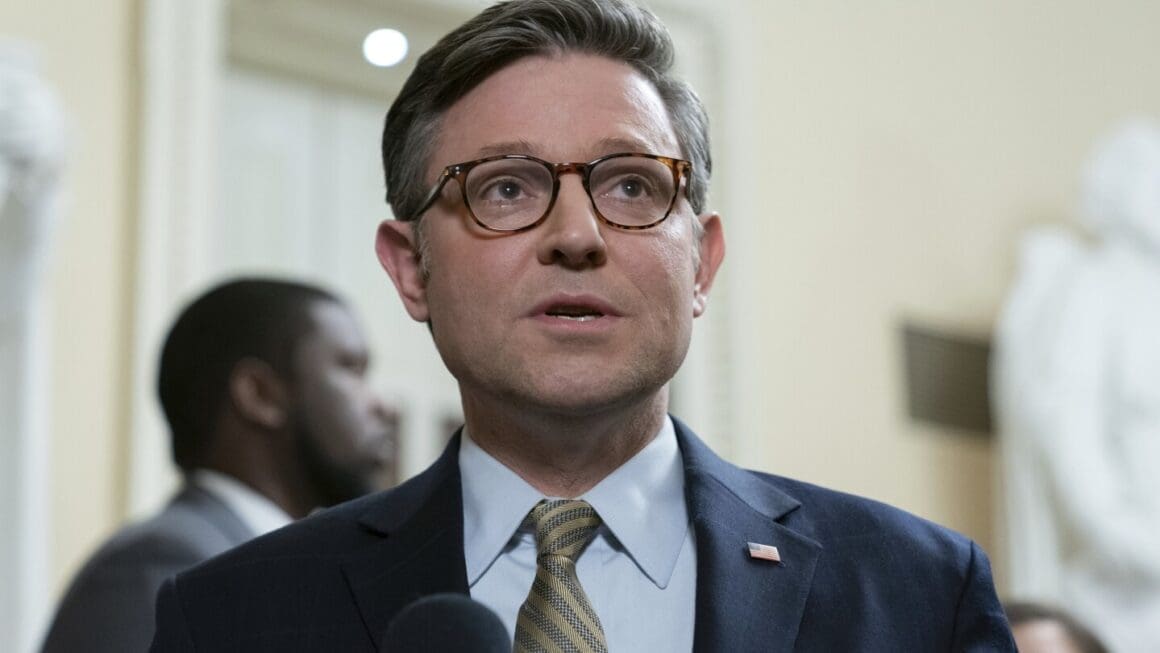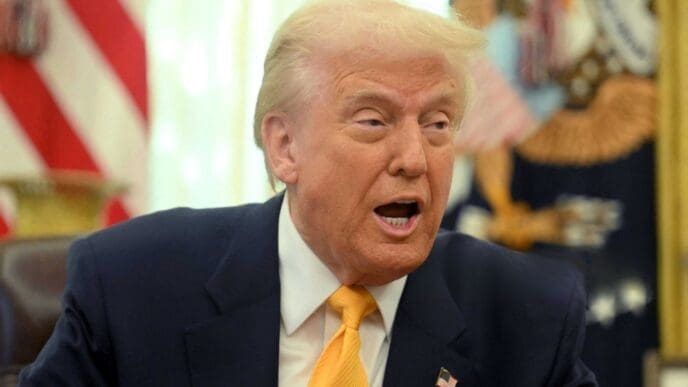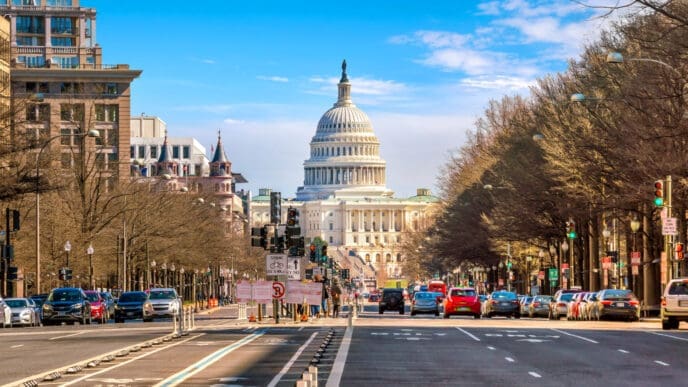In a dramatic showdown, the House managed to approve a crucial funding bill just hours before the looming midnight deadline, averting a government shutdown that threatened to disrupt the holiday season. This last-minute decision was spearheaded by Speaker Mike Johnson, who navigated a political labyrinth to ensure federal operations continued unhindered.
With the clock ticking towards a government shutdown, Mike Johnson unveiled a plan that not only funds federal operations but also provides disaster aid. However, this move came at the cost of dropping President-elect Donald Trump’s demand for a debt limit increase, pushing that contentious issue into the next year.
Johnson, aware of the political stakes, assured that Congress would fulfill its duties to keep government functions alive. Trump, however, made his stance clear, suggesting that if his demands weren’t met, a shutdown could commence immediately.
The House approved the bill with a significant majority of 366-34, which now awaits the Senate’s nod. Johnson expressed his satisfaction with the outcome, noting that Trump, too, shared his happiness with the resolution—even as the path to this moment was fraught with challenges.
One of the notable hurdles was the pressure from Trump and Elon Musk, who vocally opposed earlier versions of the funding legislation. Johnson found himself in a delicate balancing act, needing to placate Trump while securing necessary votes from both Republicans and Democrats.
The absence of a debt ceiling increase in the final bill highlighted a significant compromise. Republican leaders conveyed to Trump their decision to debate the debt ceiling as part of other legislative agendas in the new year, also agreeing to substantial spending cuts.
The approved package now continues federal funding at existing levels through March, adding considerable aid for disaster-stricken communities. Despite the relief, Democrats remained skeptical due to the abandoned bipartisan efforts that initially sought to address both spending and debt concerns.
Senate Majority Leader Chuck Schumer had previously urged Johnson to revert to an earlier bipartisan compromise but found the speaker swayed by external pressures from Trump’s camp. Nevertheless, with the support secured, Johnson managed to push through the current legislation as a temporary measure to keep the government running.
While the bill’s approval prevented an immediate shutdown, Johnson’s leadership faced scrutiny from within his party. Critics, including notable conservative figures, questioned his ability to lead in the face of Trump’s influence and the upcoming challenges of bipartisan cooperation.
The passage of the funding bill reflects the ongoing complexities and political maneuverings within the government. As the Senate prepares to deliberate, the balance of power and compromise continues to shape the federal landscape. The broader implications of this funding decision will unfold as lawmakers address the looming debt ceiling and seek long-term fiscal solutions.
Source: Apnews













